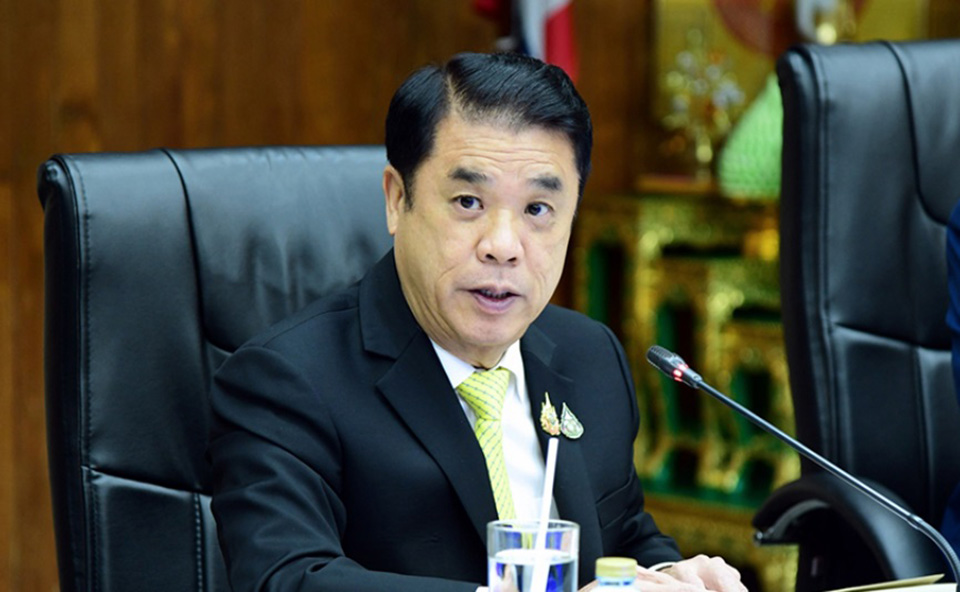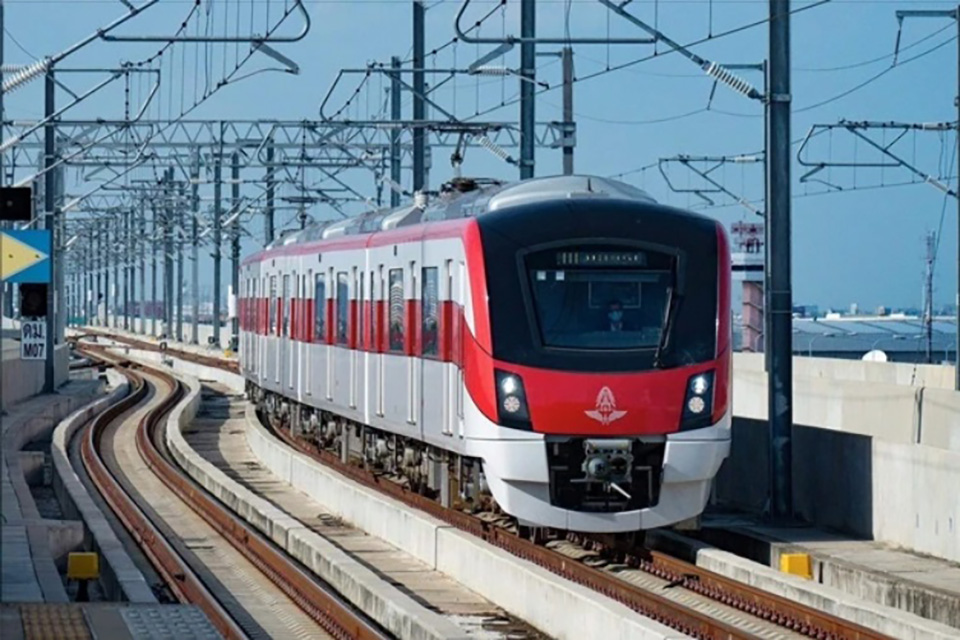
BANGKOK, Thailand – Deputy Prime Minister and Minister of Transport, Suriya Jungrungreangkit, announced plans to collaborate with the Ministry of Finance to explore the establishment of an infrastructure fund aimed at buying back concessions for the electric train system. The estimated cost of the buyback is around 200 billion baht. To support this, the government is considering implementing a 50-baht congestion charge for vehicles on roads with parallel electric train routes, expected to generate approximately 12 billion baht annually.
The congestion charge would apply to major roads in Bangkok, such as Sukhumvit, Silom, and Ratchadaphisek, offering commuters an alternative public transport option. The plan is modeled after successful implementations in developed countries like the UK. Initially, the charge would be set at 40-50 baht per vehicle, with potential adjustments over the first five years. The Ministry estimates about 700,000 vehicles per day could be subject to the charge, providing daily revenue of around 35 million baht.
This fund aims to help the government buy back train concessions from private companies, allowing for lower, more equitable fares across all lines. Additionally, the initiative seeks to reduce traffic congestion, pollution, and PM 2.5 dust levels.
Suriya also confirmed plans to extend the 20-baht flat fare for the Red and Purple lines for a second year, with the policy potentially expanding to all lines by September 2025. Furthermore, the government is pushing for the passage of a Joint Ticket Management Act to facilitate a unified ticketing system for public transportation.









